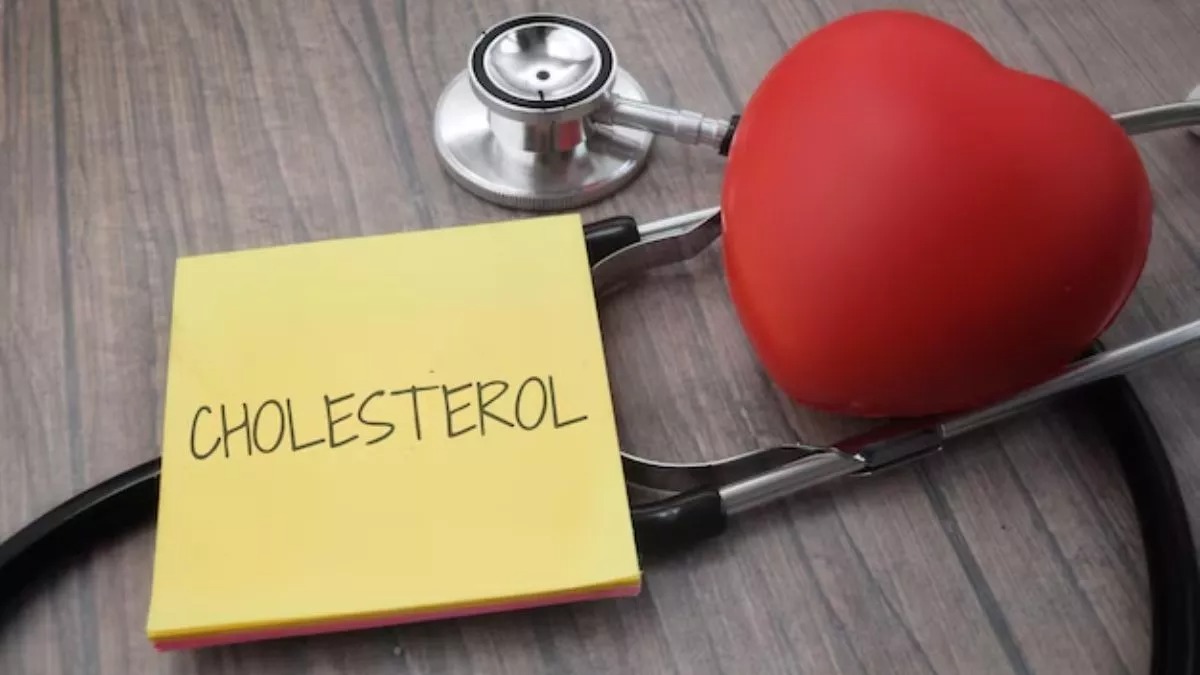
Cholesterol is a vital substance in the body, but an imbalance can lead to serious health issues. High levels of bad cholesterol (LDL) increase the risk of heart disease, stroke, and other life-threatening conditions. Doctors emphasize that managing cholesterol levels is crucial for maintaining good health. Let’s explore how bad cholesterol can become fatal and the steps needed to prevent its harmful effects.
What is Bad Cholesterol (LDL) and Why is it Dangerous?
Cholesterol is a fatty substance found in the blood. The body needs cholesterol for building cells, producing hormones, and supporting other functions. However, not all cholesterol is beneficial.
- Low-Density Lipoprotein (LDL) – Often referred to as "bad cholesterol," LDL carries cholesterol to the arteries, where it can build up and form plaques. These plaques narrow and harden the arteries, restricting blood flow.
- High-Density Lipoprotein (HDL) – Known as "good cholesterol," HDL helps remove excess cholesterol from the bloodstream, reducing the risk of blockages.
When LDL levels rise, they can contribute to a condition called atherosclerosis, where fatty deposits accumulate in the arteries. This increases the risk of heart attacks, strokes, and other cardiovascular diseases.
How Can Bad Cholesterol Become Fatal?
Excess LDL cholesterol can be extremely dangerous if not controlled. Here’s how it can lead to fatal conditions:
- Heart Attack (Myocardial Infarction) – Plaque buildup in the coronary arteries can restrict blood flow to the heart. If a plaque ruptures, it can cause a blood clot, leading to a heart attack.
- Stroke – When LDL cholesterol blocks or narrows blood vessels supplying the brain, it can cause a stroke. A stroke occurs when part of the brain does not receive enough oxygen, leading to permanent damage or death.
- High Blood Pressure (Hypertension) – Narrowed arteries force the heart to work harder to pump blood, raising blood pressure and increasing the risk of heart disease.
- Peripheral Artery Disease (PAD) – Cholesterol buildup can reduce circulation to the limbs, causing pain, infections, and even amputation in severe cases.
- Sudden Cardiac Arrest – In extreme cases, cholesterol deposits can trigger irregular heartbeats (arrhythmias) or cause sudden cardiac arrest, which can be fatal without immediate medical attention.
--Advertisement--

 Share
Share



